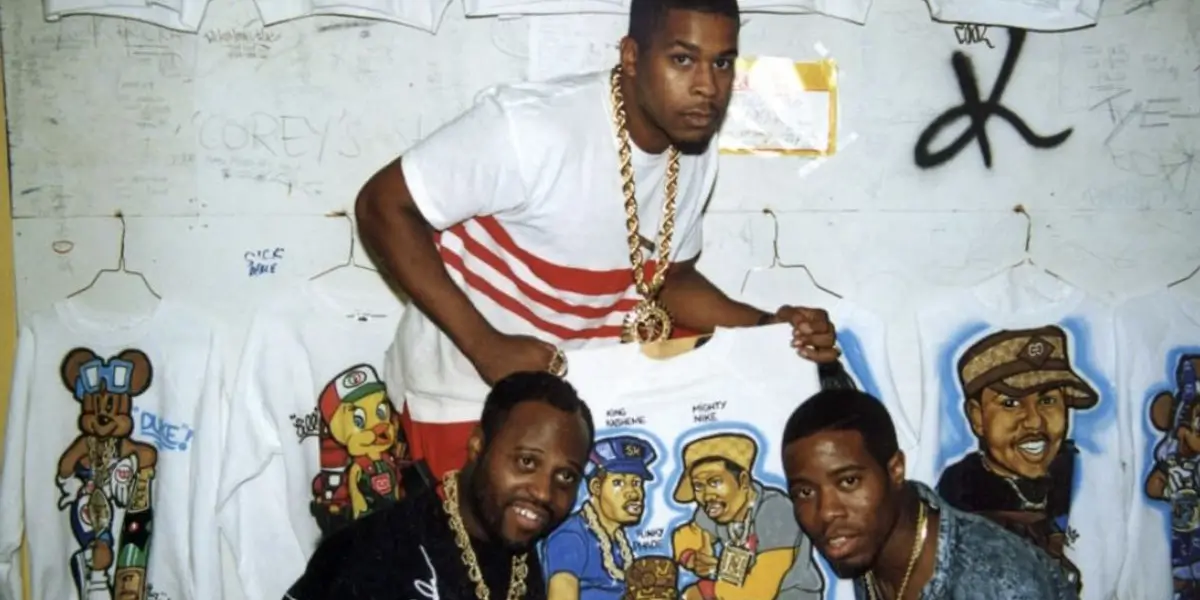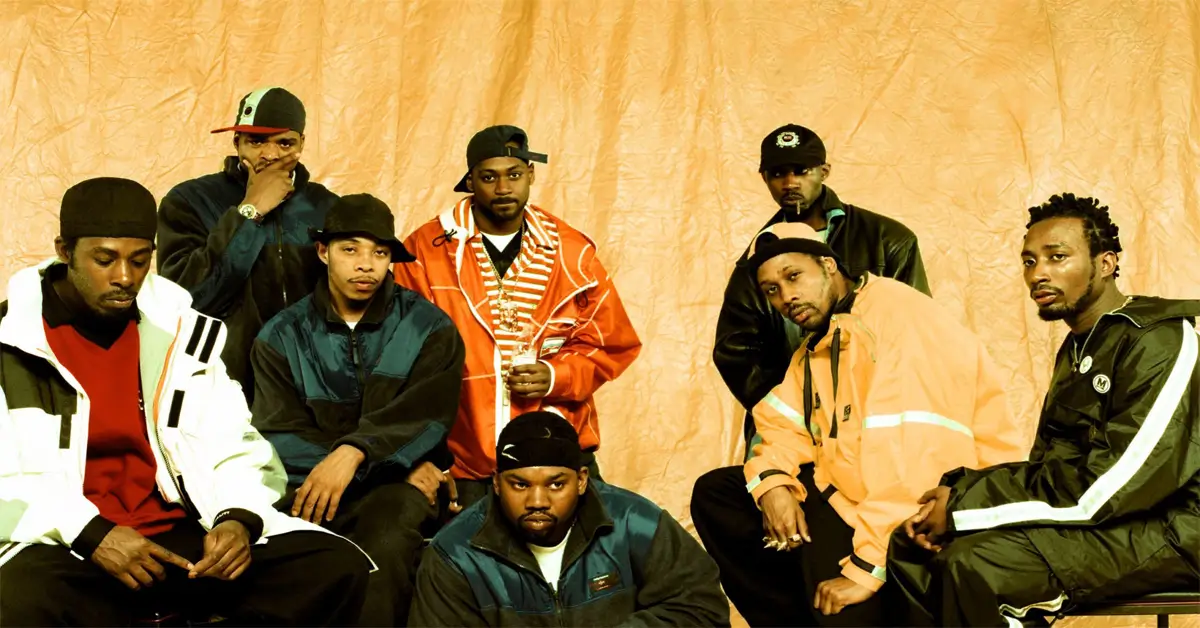The Importance of Remaining Silent When Arrested
The Importance of Remaining Silent When Arrested is one of the rules that not many people follow. For whatever reason, maybe the cop was an asshole and you wanted to abuse him verbally, maybe you wanted to let him know you just did some wild, crazy shit and, because your so much *dat boul* the charges will never stick…and some people are either uninformed or plain stupid.
I’ve had plenty of run-ins with Officer Friendly and about 7 out of 10 times I ended up in jail or prison, but not because I ran my mouth. Sometimes you just get caught up, sometimes those friggin’ cameras that are everywhere happen to catch you, and sometimes you just have to make a point regardless of the outcome. But one thing I never did was help the coppers make their job easier and my life harder. My name? Peanut butter & jelly. Where am I coming from/going to? Peanut butter & jelly. Do you know so-and-so and have you seen them lately? Peanut butter & jelly.
I’ve been to jail & prison enough in my life that sitting for 3-4 months, going back & forth to court while the prosecutor tries to get me to take a deal for something they can’t prove is normal now. Its sad to say but I’m used to it. But I will not help their case at all ever. No answers about anything or anybody or any place. “I don’t know nothing. Talk to the lawyer. Now take me to jail, I’m tired.”
But there’s alot of people that can’t help themselves or, like I said, don’t know any better. They think the police, with their shiny little badge is some kind of superhero. That badge is an illusion of power. Period. The best thing to do is just shut the fuck up, let them try and scare you with their goofy threats of 100 years in jail and as long as you say nothing they have nothing. The very first sentence you utter they will twist and bend into an hour-long confession and you’ll be on E-Block waiting on commissary to arrive.
Trust me, keep your mouth SHUT. If you say nothing they can’t use anything against you and, if it does go as far as playing out in court, your lawyer can make up whatever he wants because they have nothing to go off of. 9 outta 10 times you’ll slide right outta there a free man.
I usually don’t get into this type of stuff on this website because nowadays people think they know everything, but I read something earlier about this guy in New Jersey who did some scandalous shit and couldn’t help himself, ran his mouth, and gave them the whole case without even knowing it. If you don’t wanna listen to me, the following was yapped from some lawyer’s website. Check it out…..
Talking never helps, but can certainly hurt you even if you’re innocent.
If the police have invested their energy in questioning you regarding a crime, chances are they have already gathered some piece of evidence that warrants your arrest regardless of whether or not they make it known to you. At this point, your arrest is inevitable and should be viewed as such. By questioning you beforehand, the police are only attempting to substantiate their case by squeezing some kind of confession from you.
Don’t believe you can employ some kind of charm or persuasion strong enough to convince them to let you go––everything you say is only putting you at a further disadvantage.
Even if you wish to confess, it’s better to do it later.
If your actions prompt you to seek a guilty plea, doing so during an initial arrest is without a doubt the worst place and time to do so. Without a legal counsel, confessing to police makes their case absolutely concrete without the possibility of a beneficial concession.
The far better option, even when guilty, is to remain silent during the arrest and wait for a lawyer to oversee the next step of the legal proceeding. More often than not, a lawyer can arrange a deal be put in place whereby the defendant is granted a lesser punishment in return for accepting responsibility.
Admitting guilt to a police officer will award you nothing in return while possibly leading to an even harsher punishment you might have received otherwise since the case against you has been made solid thanks to your confession.
Giving your story to police can lead to misunderstandings and inconsistencies.
Even in situations where you are completely innocent, the stress of police interrogation in the moment can prompt some people to be overzealous in asserting their innocence by overlooking things that seem insignificant in order to absolve themselves from the situation completely.
This sometimes comes in the forms of “white lies” which may seem insignificant at first, but can come back to implicate you during court. When prosecutors notice inconsistencies, it’s very easy for your credibility to be destroyed when you’ve shown to have lied to police officers.
Police lack the authority to make legitimate deals or grant leniency in return for a statement.
Nine times out of ten, police assure those they question that they would be “better off” if they came clean immediately––implying the consequences would be less harsh by simplifying the legal process and making their job easier. These enticing propositions are vague for a reason: they’re completely unsubstantiated.
Regardless of what an officer says, police lack the authority to cut deals, give immunity, or form some kind of plea agreement. It’s simply another rhetorical tactic used to gather confessions from people as quickly as possible. Never agree to such propositions no matter what an officer promises in return. Hiring an attorney to evaluate your case and craft a suitable defense strategy is always the best option when faced with legal hurdles.
The best way to avoid police questioning is to ascertain whether or not you’re being arrested or detained in the first place. If the officer answers “no” to either, you are free to walk away.
Bottom line, don’t say shit about shit. Period. And before you leave the house bring some gloves & a covid mask.
Here’s some more info if needed: MirandaRights.org




